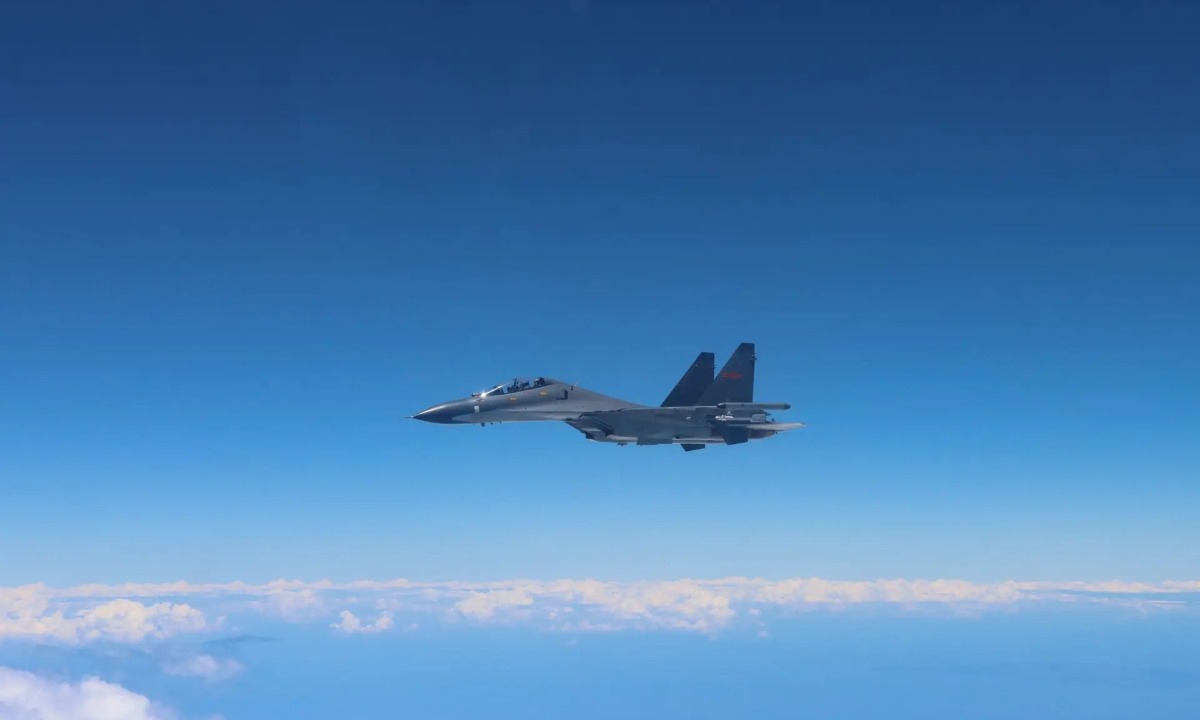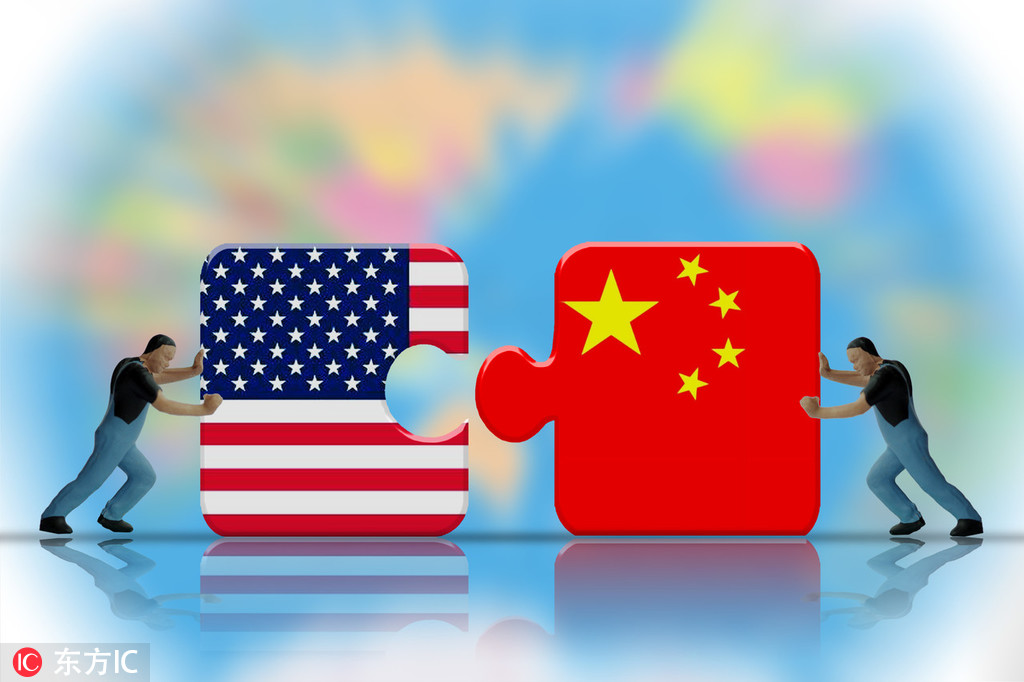In a development that has ignited fresh tensions in the already volatile region, the People’s Liberation Army (PLA) closely monitored a United States warplane during its flight over the Taiwan Strait on Thursday. This incident has raised concerns and led to an exchange of statements between military officials from both nations. The situation serves as a stark reminder of the ongoing geopolitical complexities in the Indo-Pacific region.
PLA’s Surveillance of US Warplane
As Senior Colonel Shi Yi, the spokesman for the PLA’s Eastern Theater Command, revealed, a P-8A anti-submarine patrol plane from the United States traversed the Taiwan Strait. What made this incident notable was the subsequent public attention it garnered. The US openly discussed and emphasized the flight, drawing further attention to the already sensitive issue.
PLA’s Response to the Situation
The PLA promptly responded to the presence of the US warplane, sending its own fighter jets to closely monitor the P-8A during its entire transit. According to Colonel Shi, this monitoring was carried out in strict adherence to international laws and established protocols. The careful surveillance exemplifies China’s commitment to protecting its sovereignty and security in the region, while also working to maintain peace and stability.
High Alert Status and Regional Implications
Emphasizing the PLA’s commitment to safeguarding China’s sovereignty and security, Colonel Shi stated that the Eastern Theater Command would maintain a state of high alert. This declaration underscores China’s determination to protect its interests in the region and ensure regional stability, especially with Taiwan at the heart of this ongoing dispute. The region, already a hotspot for military tensions, now faces increased uncertainty following this latest incident.
This recent tracking of the US warplane over the Taiwan Strait underscores the need for diplomatic efforts to de-escalate tensions in the Indo-Pacific region. Both nations have expressed their commitment to regional peace, yet these competing interests continue to create friction. As observers watch these developments closely, the need for constructive dialogue and measures to prevent accidental escalation becomes ever more pressing.
















